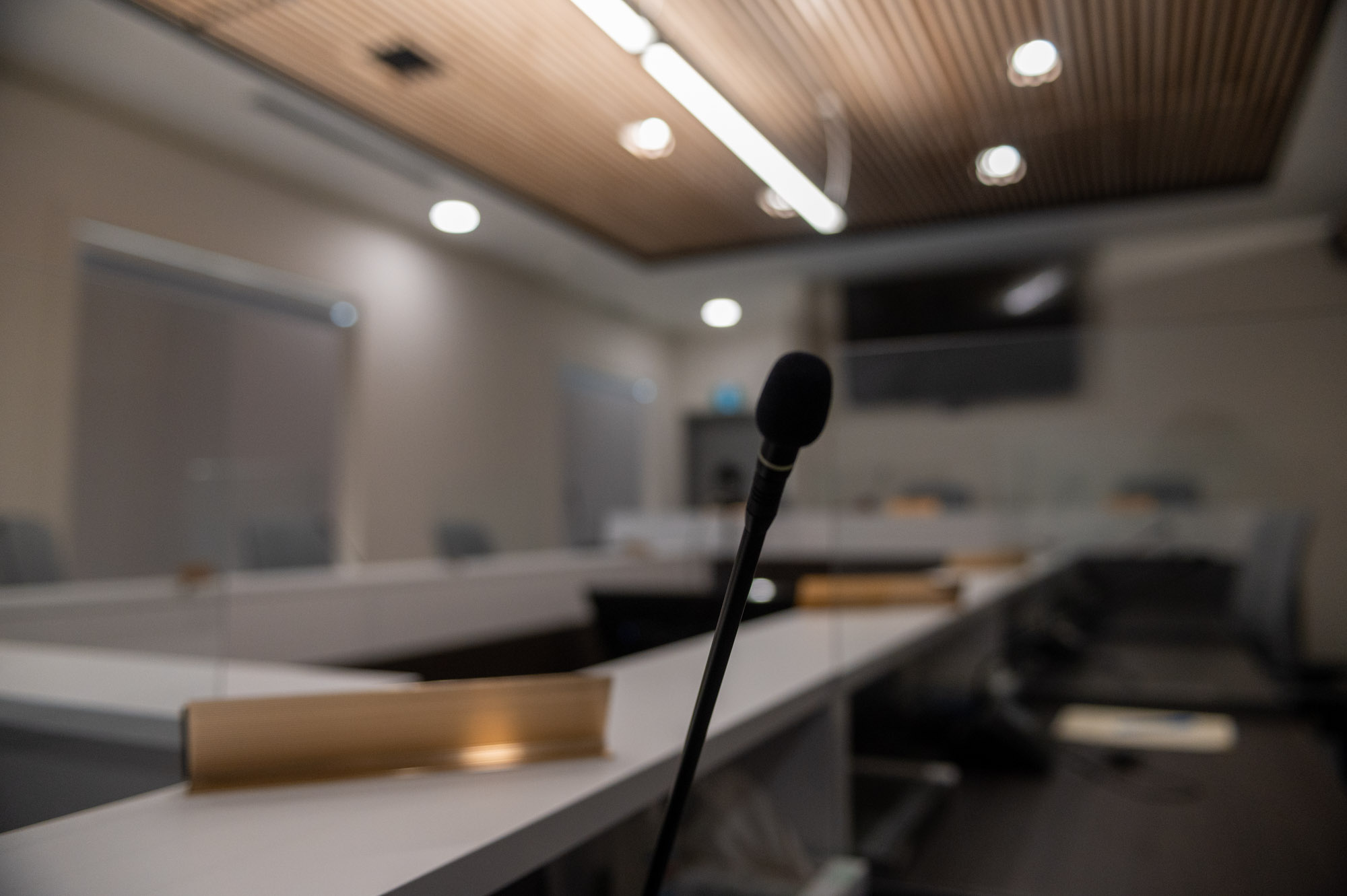City of Iqaluit foots almost $1M to cover October water bills
The move comes in response to the contamination of the city's water supply earlier this month.

Iqalummiut won’t have to pay their October water bill after city council voted unanimously Tuesday evening to provide a full rebate.
The territorial Department of Health issued a do not drink water advisory on Oct. 12 after finding an underground water tank at the city’s water treatment centre that smelled strongly of fuel. The contamination was confirmed Oct. 15.
Since then, the city has been flushing its water system, bypassing the contaminated tank and distributing potable water along with the territorial government.
The city will lose $965,677 in revenue for the month of October and does not have a guaranteed source of funding to recoup that loss, according to a report by corporate services senior director Alison Drummond.
The city hopes to make up for this lost revenue with an application to the Government of Nunavut’s municipal assistance program.
Coun. Sheila Flaherty asked if the city can provide a rebate until the water emergency is over, not just until the end of October.
Depending on what happens over the course of November, city council can make a decision to provide a one-, two-, three- or four-week rebate at that time, Mayor Kenny Bell said.
“But for now we’ll just do the month that we know we had a problem,” he said.
Couns. John Fawcett and Solomon Awa asked if a rebate will be provided for people who had their water tanks professionally cleaned.
“The city has required and requested that people clean their water tanks and a lot of people have incurred a cost by having companies do this,” Fawcett said.
Amy Elgersma, the city’s chief administrative officer, said cleaning tanks can be done without hiring anybody because it does not require professional equipment.
“The city is not proposing to cover the costs of cleaning water tanks,” Elgersma said, adding they should be cleaned annually anyway.
Coun. Kyle Sheppard agreed with the city’s decision to not pay for water tank cleaning and said he wants questions about covering the cost of the emergency to be put to other governments, such as the Government of Nunavut.
“I hope that, should other costs from our residents arise from this, that other levels of government will help pick up that tab — as opposed to us fronting that cost right now,” Sheppard said.
Fawcett said it is the city’s responsibility to help citizens through this emergency.
“A lot of people can’t even afford [cleaning their tanks annually],” he said. “Maybe some of those people already [cleaned] their tank and this is a second time caused by a problem with city infrastructure.”
He said he wants to see a specific item on a future council agenda that addresses the possibility of the city providing rebates for people who had their tanks professionally cleaned due to the water emergency.